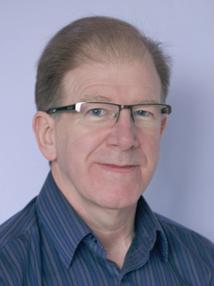BibTex format
@article{Schmidt:2015:10.1128/JVI.01950-15,
author = {Schmidt, N and Hennig, T and Serwa, RA and Marchetti, M and O'Hare, P},
doi = {10.1128/JVI.01950-15},
journal = {Journal of Virology},
pages = {11107--1115},
title = {Remote activation of host cell DNA synthesis in uninfected cells signalled by infected cells in advance of virus transmission.},
url = {http://dx.doi.org/10.1128/JVI.01950-15},
volume = {89},
year = {2015}
}

